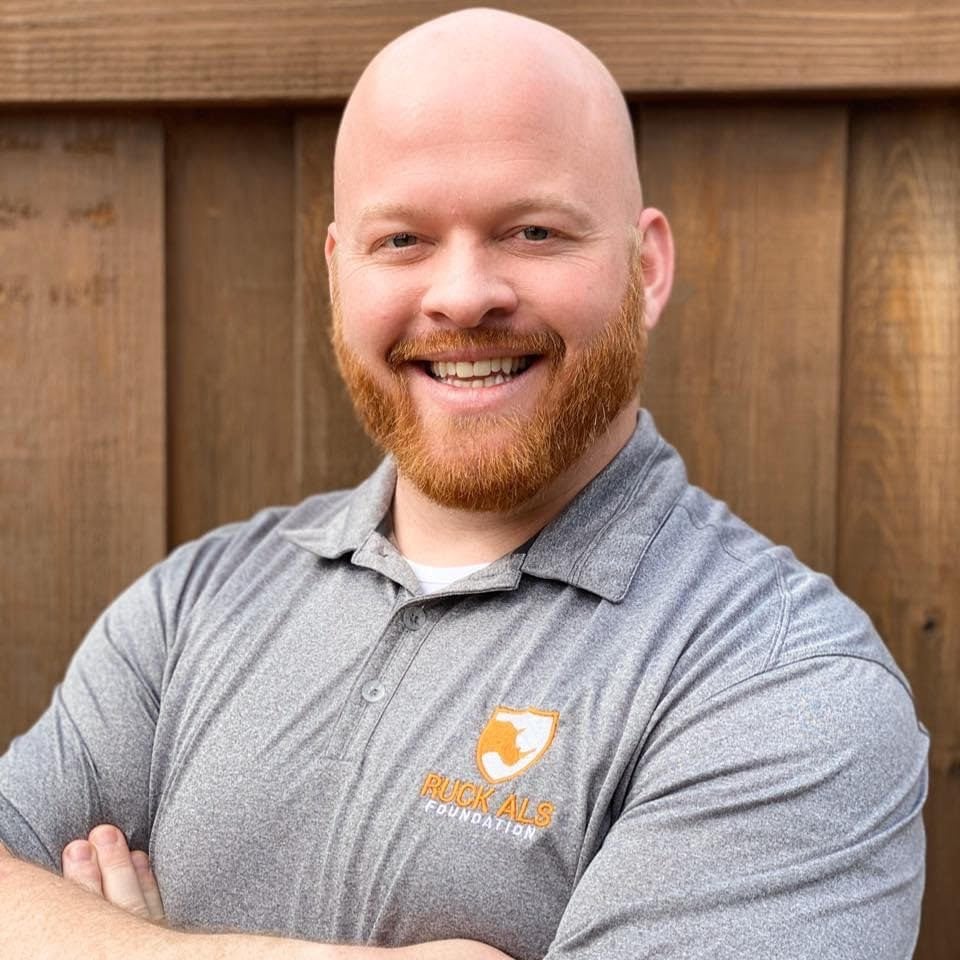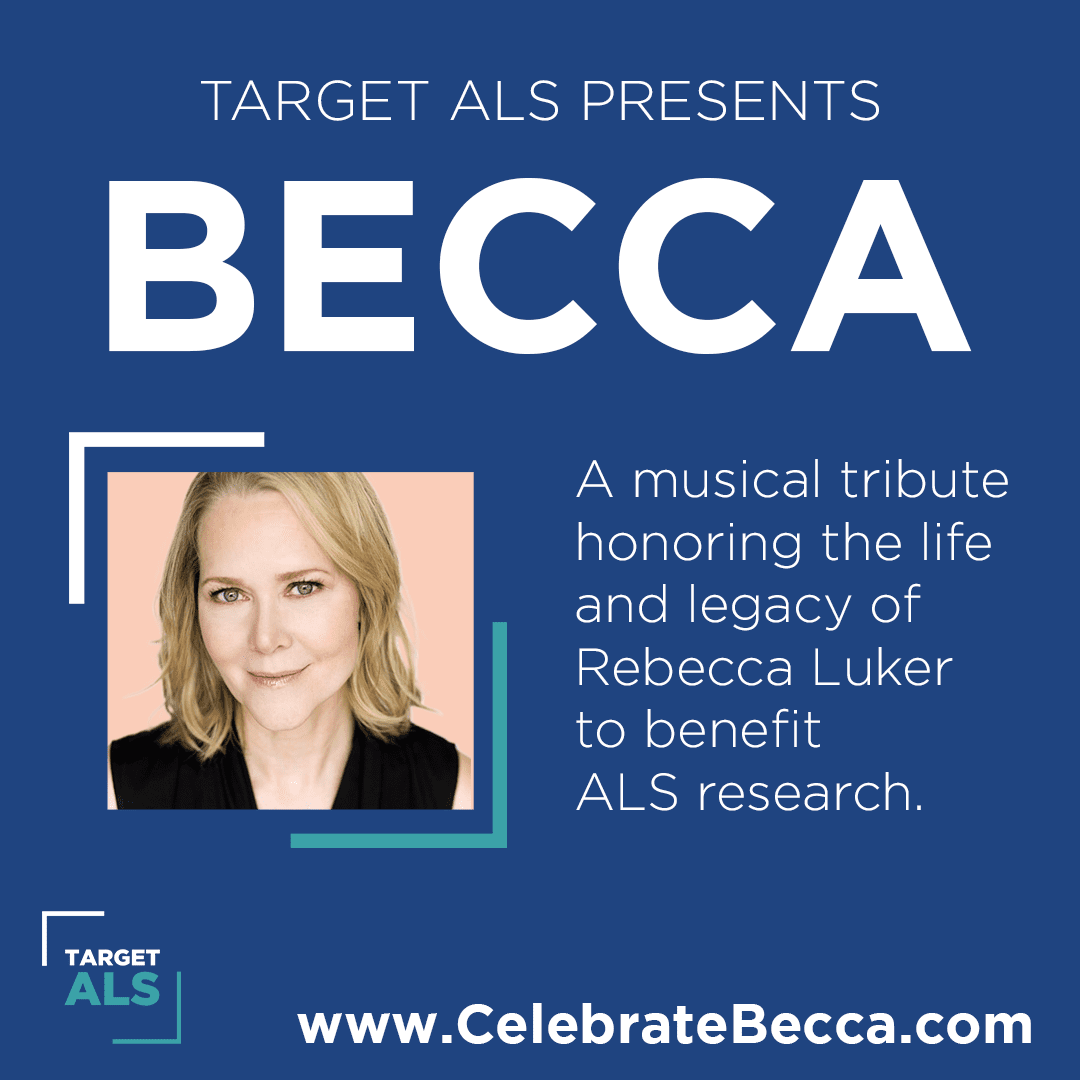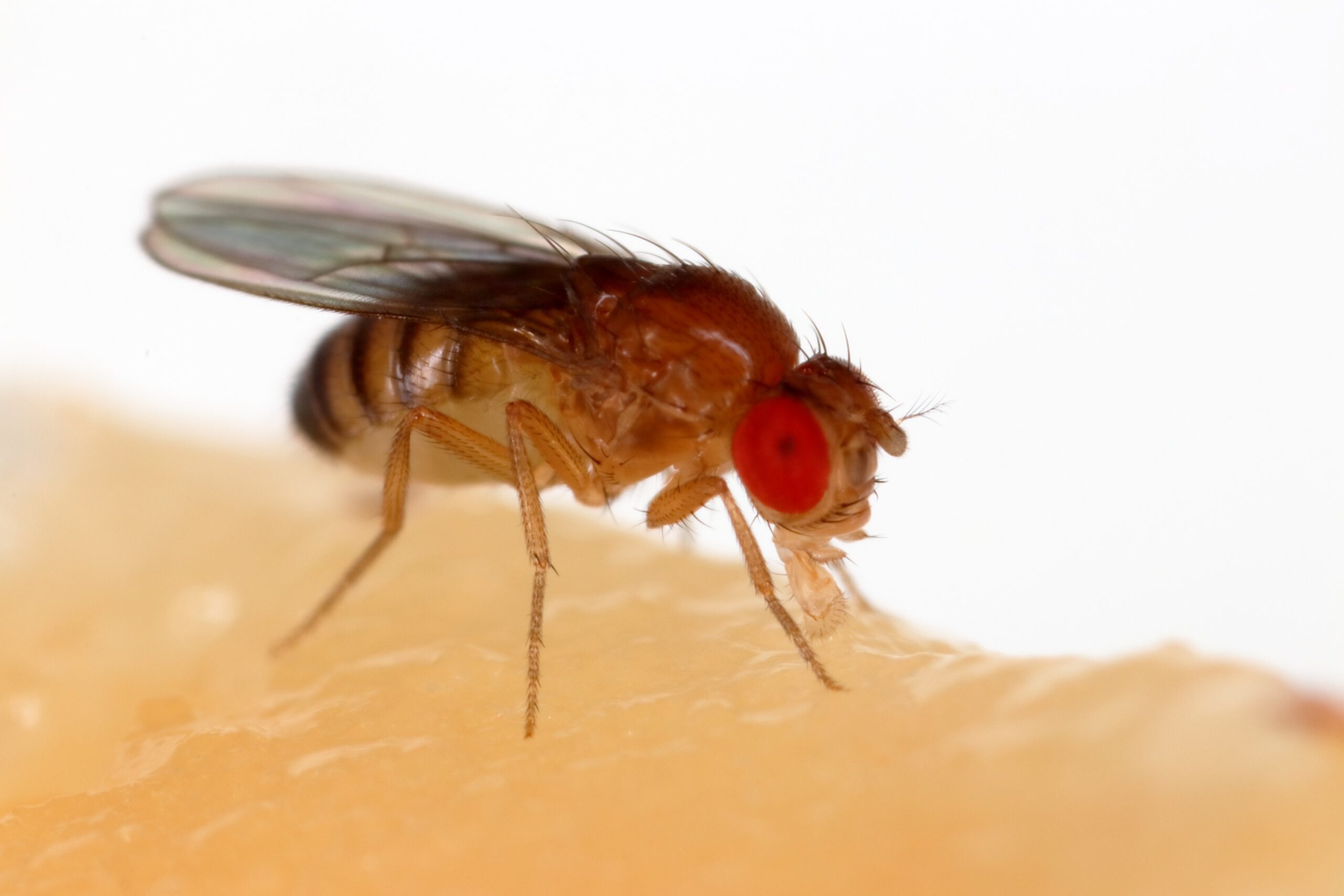On September 25, 2025, we hosted a webinar to go behind the scenes of the ALS Global Research Initiative (AGRI), the largest and most comprehensive global effort to advance ALS research. At the live event, Laura Dugom, MPH, Target ALS Clinical Research Scientist and Dr. Björn Oskarsson, Neurologist and Principal Investigator of our Global Natural History Study Site at Mayo Clinic shared information about AGRI, how to participate, and its impact on ALS research worldwide. Hosted by Stephanie Ishoo, Target ALS Manager, Research Communications & Marketing, the conversation highlights how AGRI is reshaping ALS research by ensuring each participant’s contribution fuels real discoveries in real-time.
If you missed the webinar, check out the recording and view frequently asked questions below.
Audience Questions and Answers
We asked registrants to submit questions in advance of the webinar for the Q&A session, which starts at the 24 minute mark in the above recording. Please find additional questions and answers that we didn’t answer live below.
Q: Where can I participate in Target ALS’s Global Natural History Study?
A: We are enrolling new participants in the Global Natural History Study sites at the following locations, and we continue to expand globally. We reimburse travel costs for participants and a caregiver, including flights, hotels, and related expenses. You may receive compensation for your time and donation. If you’re interested in learning more or participating, please visit this page.
- US Sites
- Barrow Neurological Institute, Phoenix, AZ (Coordinating site)
- Site Principal Investigator: Shafeeq Ladha, MD
- Core Director: Robert Bowser, Ph.D.
- Columbia University, New York, NY (led by Neil Shneider, MD, PhD and Matthew Harms, MD)
- Mayo Clinic, Jacksonville, FL (led by Bjorn Oskarsson, MD)
- University of California, San Diego (UCSD), San Diego, CA (led by John Ravits, MD)
- Washington University, St Louis, MO (led by Cindy Ly, MD, PhD and Tim Miller, MD, PhD)
- Georgetown University, Washington DC (led by Brent Harris, MD, PhD and Nick Streicher, MD)
- Northwestern University, Chicago, IL (led by Senda Ajroud-Driss, MD)
- Massachusetts General Hospital, Boston, MA (led by Mark Garret, MD)
- Baylor College of Medicine, Houston, TX (led by Sarah Berth, MD, PhD and James Orengo, MD, PhD)
- University of Puerto Rico (led by Valerie Wojna, MD and Brenda Deliz Roldan, MD)
- Barrow Neurological Institute, Phoenix, AZ (Coordinating site)
- International Sites
- Instituto Roosevelt, Bogotá, Colombia (led by Martha Peña, MD)
- Hebrew University Jerusalem, Israel (led by Marc Gotkine, MD)
- Seoul National University Hospital (led by SeokJin Choi MD, PhD)
Q: Does Target ALS accept brain and spinal cord donations?
A: Yes, Target ALS accepts brain and spinal cord donations. These tissues are an invaluable resource to advance ALS research, and we are grateful to everyone who considers making this generous gift. We currently collect these donations at participating sites in California, Missouri, Arizona, New York, Washington, D.C., and Scotland. If you’re interested in learning more about leaving a lasting legacy through brain and spinal cord donation, please send us an email at hello@targetals.org.
Q: How can scientists access the biofluids and datasets from AGRI?
A: As with all resources created by Target ALS, the biofluids we collect through AGRI and all datasets become immediately available to the global scientific community with no strings attached. Biofluids requests can be made through our Longitudinal Biofluids Core. Multi-omic datasets, including collections from longitudinal biofluids collected through AGRI, postmortem tissue, and stem cells, can be mined and analyzed through the Target ALS Data Engine.
The content on this site is for informational purposes only and does not constitute medical advice. Always consult with your doctor or other healthcare provider for any questions you may have regarding your health or a medical condition.




